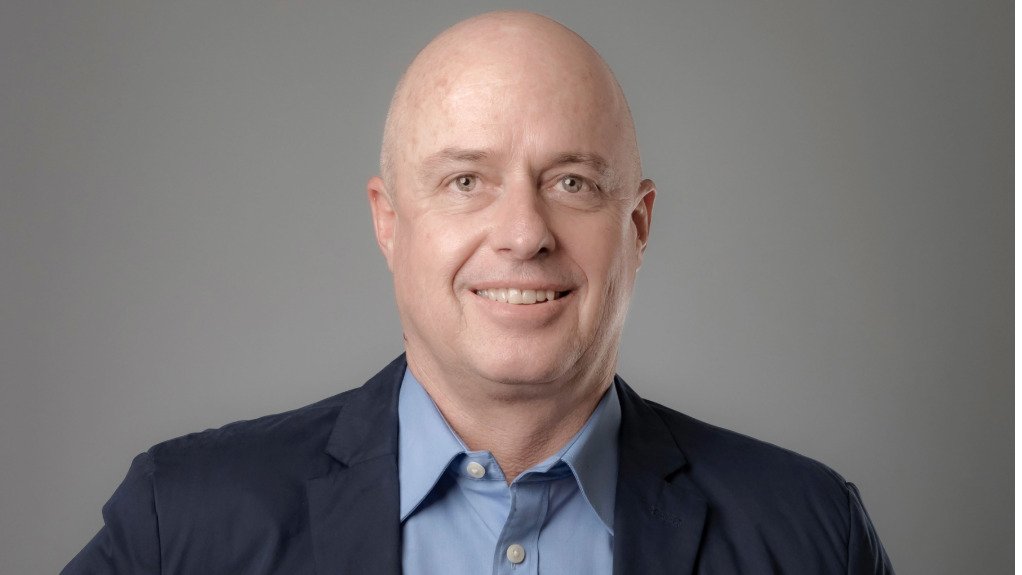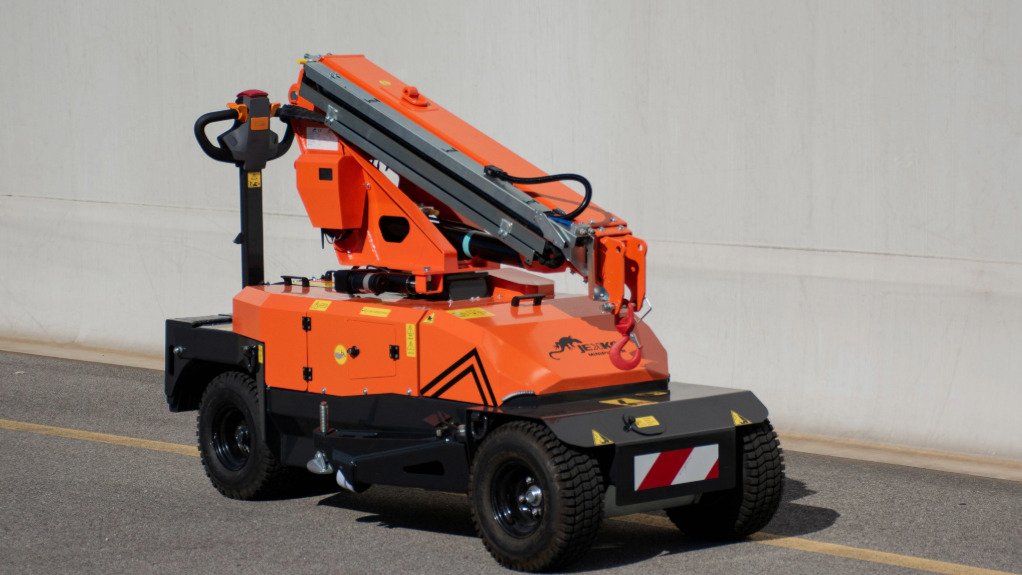Despite the stagnation of South Africa’s construction sector in general and its lagging behind globally, the country is expected to follow the global shift towards sustainability and environmental, social and governance (ESG) practices, notes lifting equipment supplier SkyJacks.
One of the key enablers of this sustainability transition is electrification – particularly through using electric battery-powered equipment, which not only aligns with ESG goals but also offers the benefit of lower operating and maintenance costs.
As a local representative of several global original-equipment manufacturers (OEMs), SkyJacks is actively working to drive this transition by providing access for contractors to advanced technologies to boost productivity, safety and sustainability.
A major focus area for the company is electric equipment, especially battery-powered equipment, which has become more viable because of increased investment in research and development by international OEMs.
Through its global partnerships, SkyJacks is helping to bring these innovations to local contractors.
“Our mission is to make sure that the industry is equipped for the challenges and opportunities of the future. As the regulatory environment changes, which, in turn, is resulting in companies’ embracing ESG goals, we are here for our clients, and we can partner [with] them during such a transition,” explains SkyJacks MD Alistair Bennett.
This mission was reflected in SkyJacks’ participation in the Big 5 Construct South Africa Expo, held from June 18 to 20, 2025 at the Gallagher Convention Centre, where the company showcased a range of battery-powered machines, including Jekko electric mini cranes, a Dingli boom lift and a Faresin telehandler.
Although the Faresin model on display was diesel-powered, Bennett notes that the manufacturer has since released a full range of electric units.
Moreover, feedback from contractors at the event was positive, particularly regarding the Jekko mini cranes, which are built for compact and indoor environments.
“These are innovative machines. Instead of using a big crane, where you need to boom in from outside the work area, these mini cranes can be taken right to the work face,” states Bennett.
Its compact footprint, quiet operation and zero emissions make the Jekko range ideal for “sensitive settings”, including malls and hotels.
Additionally, these cranes also offer a practical solution to, for example, glazing and façade installation, where space is tight and materials are fragile, as well as in areas where traditional lifting methods can be cumbersome or unworkable.
To meet the growing demand for electric alternatives, SkyJacks has worked closely with OEMs, such as Dingli, to ensure a variety of battery- or hybrid-powered options – without compromising on performance.
“We can now offer our customers the exact same machine with [the] exact same performance capabilities as [those of] a traditional diesel option, the only difference is that they’re battery or hybrid variations,” notes Bennett.
However, this sustainability transition is not without challenges, with cost remaining a key challenge, he says, particularly with contractors trying to manage tight budgets.
Although some OEMs are reducing the cost of battery-operated machines, in general, these options remain significantly more expensive. This price sensitivity is further complicated by the lack of regulatory incentives or policy support for companies adopting “greener” equipment.
“I have not seen a lot of regulatory assistance, or incentives for contractors or rental companies to move to this technology. I think it will come, but it is just slow,” states Bennett.
Larger companies, such as industrial plants and mining operations – where ESG targets carry more weight – are more willing to absorb the upfront costs of electric machinery.
Bennett adds that the broader uptake will materialise as contractors begin to look beyond initial capital outlay.
He highlights that, should contractors look at a machine’s life-cycle costing, they would realise that, in many instances, the electric machine “makes a lot of sense”, as these machines typically save on fuel costs while lowering maintenance costs, owing to its comprising fewer moving parts.
Despite these challenges, Bennett concludes that SkyJacks remains “firmly optimistic” about the future of the local construction industry and its ability to evolve. ![]()







